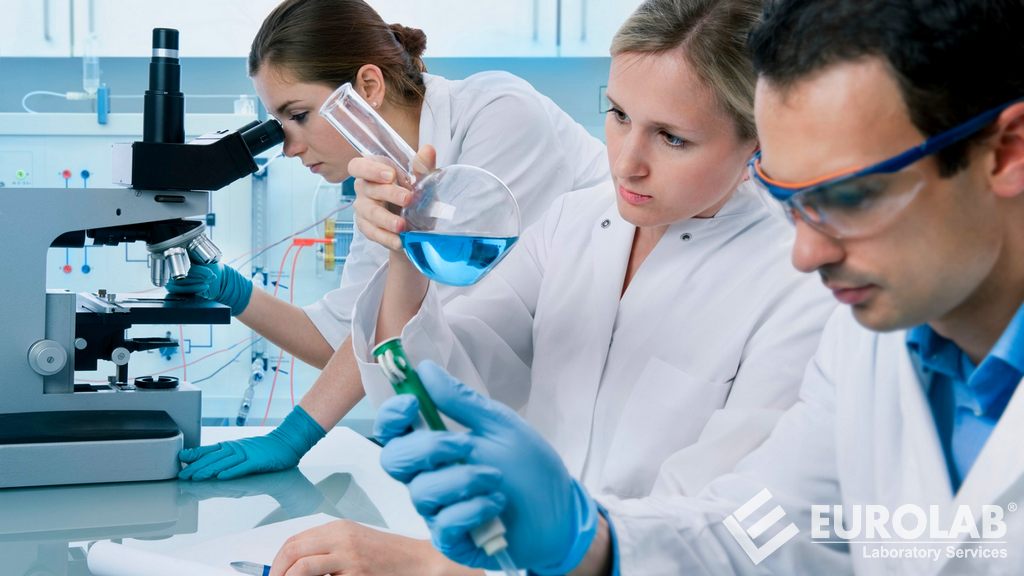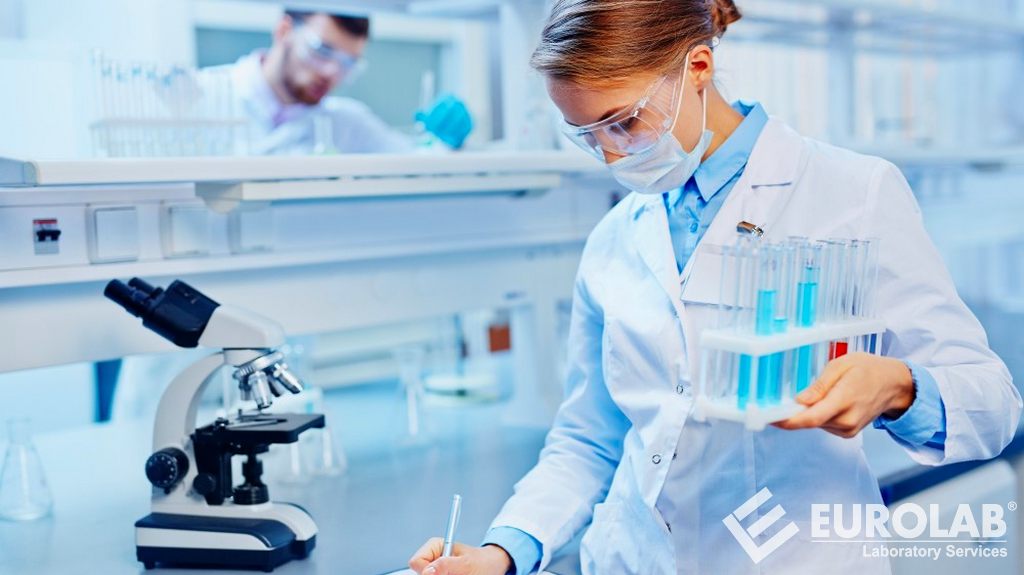

The International Standards Organization (ISO) has published a standard titled ISO 846 Plastics - Evaluation of the impact of microorganisms, based on the European Standard EN 846. This standard describes test methods for detecting degradation in plastics due to the effect of fungi and bacteria and soil microorganisms. However, the purpose of this standard is not to determine the biodegradability of plastics or the degradation of natural fiber composites.

This standard has been published in our country by the Turkish Standards Institute (TSE) with the following title: TS EN ISO 846 Plastics - Evaluation of the impact of microorganisms.
Within the scope of the standard, the type and extent of deterioration are determined as follows:
The tests carried out in accordance with the standard are valid for all plastic materials that have a flat surface and can therefore be easily cleaned. Only porous materials such as plastic foams are not covered by this standard. The ISO 846 standard uses the same test mushrooms as the IEC 60068-2-10 standard. The test method described in the standard IEC 60068-2-10 requires the inoculation of samples with a spore suspension, incubation (incubation time) of the inoculated samples, and evaluation of any physical attack on the samples as well as fungal growth.
The test volume and the test strains used depend on the envisaged application for the plastic. Under certain climatic and environmental conditions, microorganisms settle on the surface of plastic or plastic products and spread rapidly there.
However, their presence and metabolic products not only damage the plastic itself, but also adversely affect building materials and systems containing plastic parts.
The tests and test conditions described in the ISO 846 standard are experimental and cover most, if not all, of the potential applications. For certain applications and long-term testing, procedures must be applied that reflect performance under real conditions.
Mainly, the effects of microorganisms on plastics occur in two different processes:
This standard addresses both these processes and their combined actions. These tests must be performed by personnel trained and experienced in microbiological techniques. Because the use and manipulation of potentially dangerous microorganisms requires a high degree of technical competence. At the same time, disinfection, sterilization and personal hygiene application rules must be strictly followed.

In short, the ISO 846 standard is a standard that evaluates the effects and spread of bacteria on plastic materials exposed to the environment. This standard offers four options for fungi and bacteria, separately and in combination, and this standard is generally used for plastics exposed to the environment.
These four test methods are:
Antimicrobial test results often aid product development and support a well-designed quality control program. However, deciding which antimicrobial testing method to use for product testing is a difficult and time-consuming task. In this respect, it is more beneficial to work with an advanced laboratory with various antimicrobial test methods. The ISO 846 standard provides an internationally recognized test method for evaluating the antibacterial activity of processed plastic materials.
During the tests, plastic test pieces are placed on the surface of an agar plate and test microorganisms such as pseudomonas aeruginosa or other bacteria or fungi are added onto them. It is then covered with a layer of inoculated molten agar. After the incubation period, the plates are monitored and examined for bacterial growth or fungal growth for four weeks. During this time, the test microorganisms must have used the plastic as a food source to develop themselves. These tests include exposing the plastic to the influence of fungi and bacteria test strains under specified temperature conditions for specified or agreed time periods.
At the end of exposure, test samples are evaluated by visual inspection before and after cleaning and any changes in mass or other physical properties are determined.
Our organization provides antimicrobial test laboratory services for ISO 846 Plastics to demanding enterprises within the framework of national and international standards, with a trained and expert staff and advanced technological equipment, among numerous testing, measurement, analysis and evaluation studies.
To get an appointment, to get more detailed information or to request an evaluation, you can ask us to fill in our form and reach you.